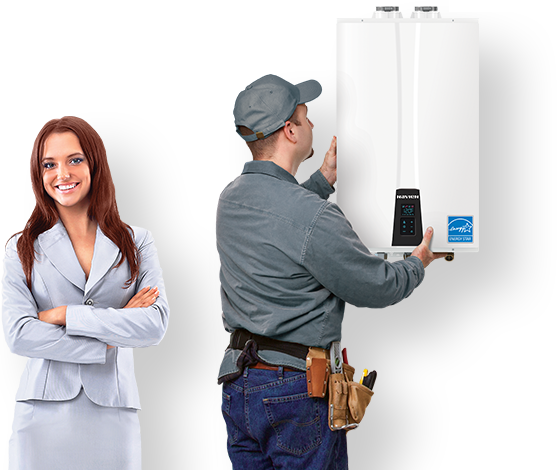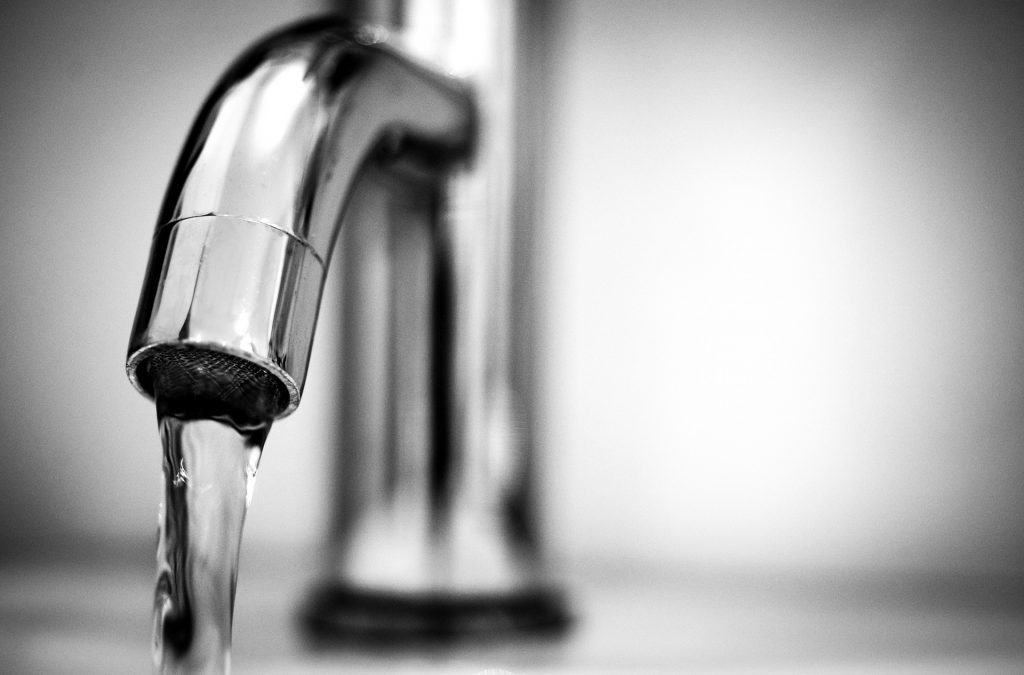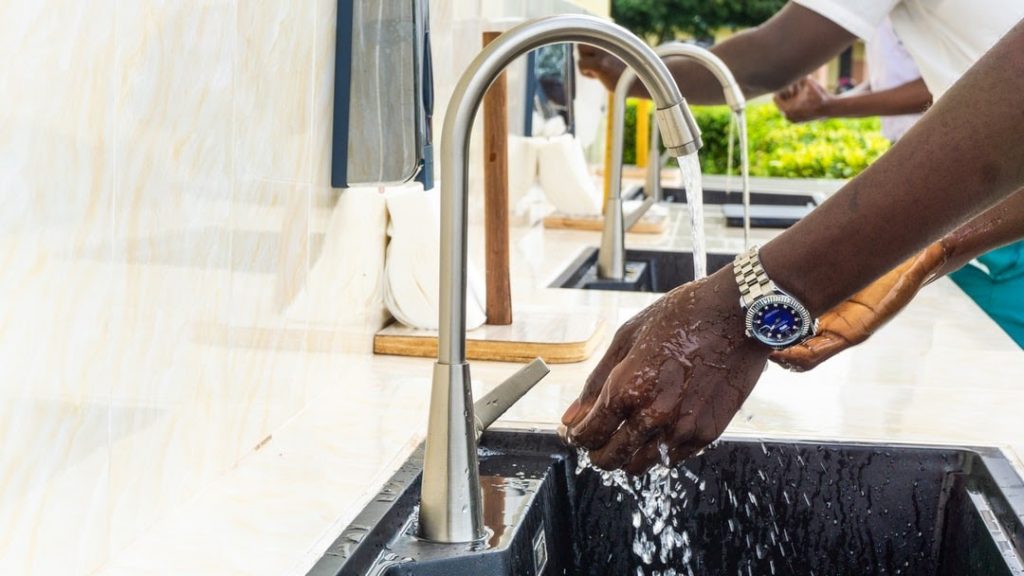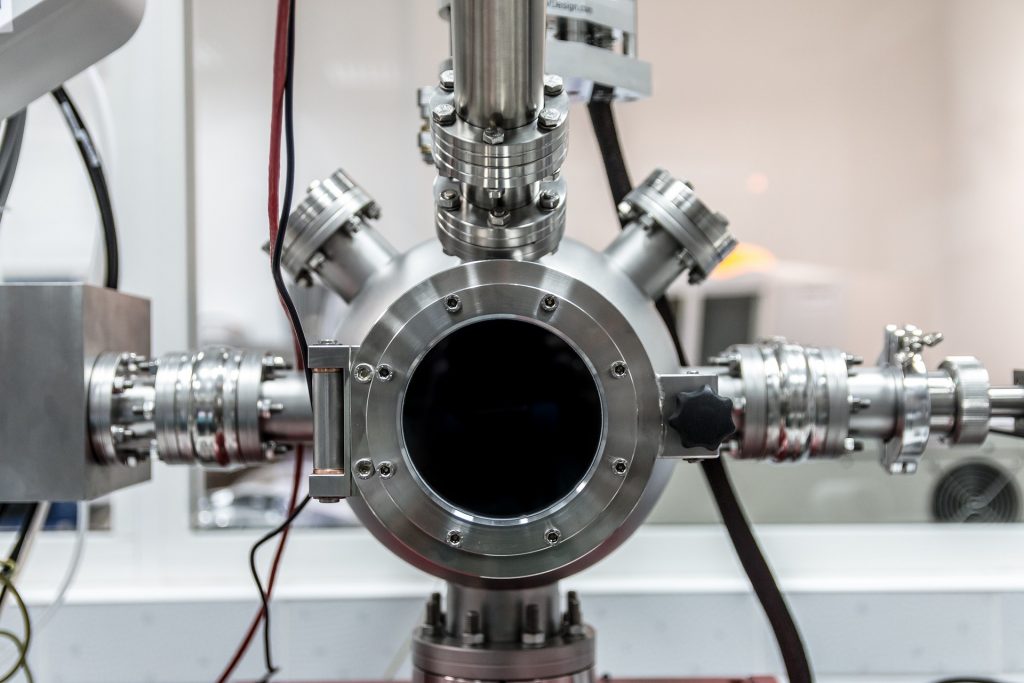Many homeowners don’t give their water heater a second thought unless it stops working, but you can make sure this never happens in the first place with a hot water heater inspection and ongoing water heater maintenance. Unless your water heater is brand new, the water heater inspection cost you incur will likely pay for itself in the form of money saved on costly future repairs.
AHWA is always ready to perform a water heater inspection for you at your convenience. Of course, you can also do a simple water heater inspection yourself. Let’s talk about the things you should check to make sure your water heater works at peak efficiency and enjoys a long life cycle. We’ll also provide you with a water heater inspection checklist to follow so you can ensure you’re checking the right things.
How Often Does a Water Heater Inspection Need to Be Done?
You can do a spot check on your water heater each time you frequent the room or utility closet it is in. Even a glance can reveal any problems that may be easily visible. You might hear unfamiliar noises or spot leaks this way.
However, it is far better to schedule a more dedicated water inspection once every few months, whether you choose to do this yourself or have it done by a professional as part of a larger inspection periodically.
What Should You Look for During a Water Heater Inspection?
Many things can go wrong with your water heater. Look for the following when you perform your inspection.
- Water leaks
- Banging sounds
- Unusual noises
- Foul odors
- Overheating
Aside from the physical condition of your water heater, you may note some other things that are an indication that all is not well.
- Increased utility costs
- Discoloration of hot water
Any of these things might be an indication of trouble and should be addressed immediately. If you are concerned that there are problems with your water heater, a plumbing expert from AHWA can help you resolve your issue before it gets out of hand.
No Idea Where to Start? Try This Handy Maintenance Checklist.
Before starting your water heater inspection, you should review your appliance’s manual to familiarize yourself with the operations. Secondly, be aware that this appliance contains very hot water and electrical components. Do not attempt to repair any issues you find without killing the power to it completely by closing the circuit at the breaker box.
- Temperature control setting – If your water is too hot or not hot enough, you can adjust the temperature control setting during your inspection. The ideal setting is around 120 degrees Fahrenheit. If a simple adjustment doesn’t take care of the issue, then you may have a faulty sensor or regulator that needs to be replaced.
- Vacation settings – Some hot water heaters have a built-in vacation mode for when you are going to be away. This mode switches the water heater to an energy-saving mode instead of unnecessarily heating water you won’t be using anytime soon. If your water heater doesn’t have this option, you can simply turn the temperature down to a lower temperature until you return.
- Tank insulation – You can buy thermal wraps for the outside of your tank to reduce energy costs. What these do is keep heat from escaping—meaning your tank will not have to work as much and water will stay hot longer, prolonging your water heater’s lifespan.
- Housekeeping – Always check the area surrounding your water heater for debris or clutter. If not ventilating properly, your tank can begin to experience trouble. It requires a certain amount of room to function in the manner it was designed.
- Proper filtration – A water filtration system isn’t necessary, but it can prevent maintenance down the road by reducing limescale and mineral deposits that leave sediment buildup in your tank.
Professional Maintenance Requirements
While there are many things you can note during DIY water heater inspections, you’ll want to turn to the professionals if you are finding problems. While there are some repairs you can make yourself, it is not recommended unless you are completely comfortable with your ability to handle the inner components of your water heater.
A professional plumber can do the following:
- Remove sediment – During the process of heating your water, sediment particles from minerals such as calcium, magnesium, and other minerals can be left behind to build up in your tank and must be periodically flushed. Failure to do so can reduce your water heater’s efficiency, life span and lead to failures that leave you standing in a shower under a cold stream while you wait for costly repairs to be made.
- Check the ventilation – The space around your water heater will be measured to ensure that there is adequate room for proper operation, safety codes are not violated and there is enough airflow and ventilation.
- Test for carbon monoxide – If you are using a gas water heater that has aged, hasn’t been properly maintained, was not properly installed, or hasn’t been properly ventilated, there is a chance of it leaking dangerous carbon monoxide. A professional will conduct an air quality test for this potentially deadly presence and make sure your appliance is venting properly to prevent it from forming in the future.
- Check water quality – Bacteria and PH levels will be tested to ensure your water is clean and free of harmful substances.
- Valve testing – The temperature and pressure relief valves will be tested for proper operation so that they function correctly in the event a pressure or water temperature problem occurs.
With routine water heater inspections and maintenance, your water heater can provide you with headache-free hot water for years to come. Without them, you might well find yourself facing unexpected repairs or a complete failure that requires a full replacement.
Whether you choose to do a simple review yourself or call in a professional for more intense maintenance is up to you, but if you find any signs of trouble, you can contact American Home Water and Air to clear up the problem right away or provide any other services such as installing tankless water heaters in Phoenix.
[related_posts_by_tax posts_per_page="3" format="thumbnails" image_size="medium"]









